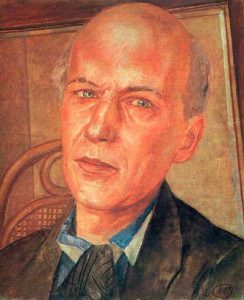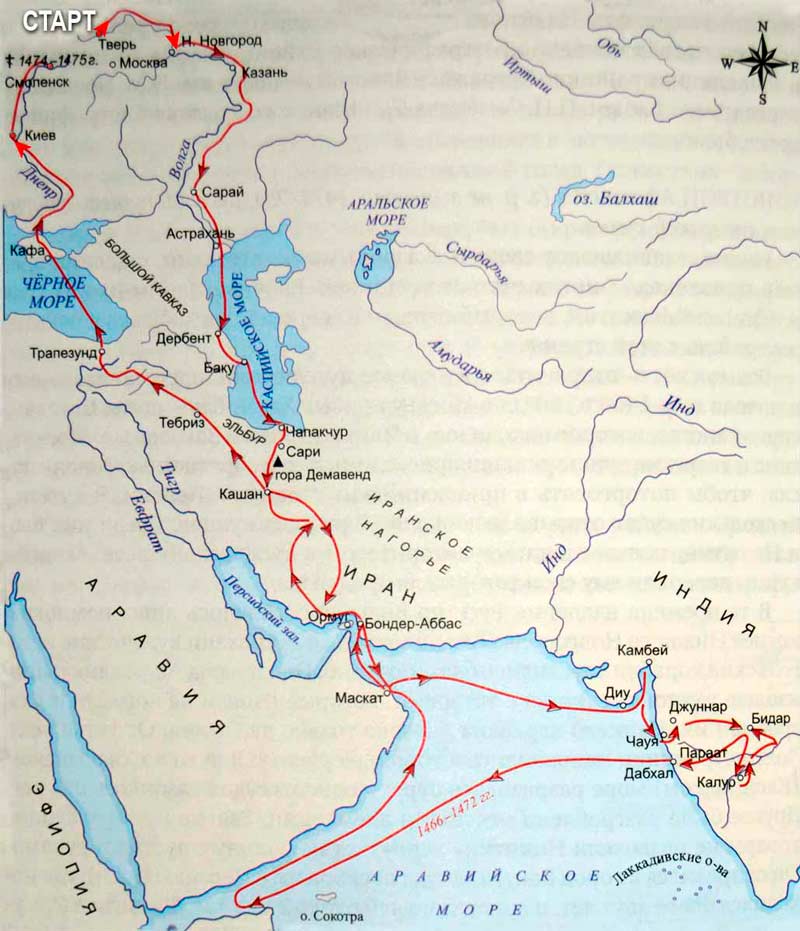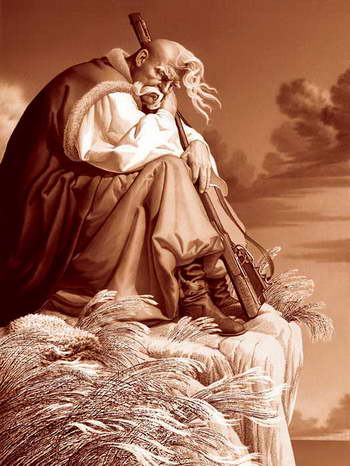hints randomly
ALEXANDER SOLZHENITSYN. “PETERSBURG” ANDREI BELOGO
 About Andrei Bely himself. He is too shaky and unbalanced to write a balanced work. In his unbridled fantasies themselves – unhealthiness, mental shift. Or rather: his peace of mind – “Almost everyone is sick.” And all his characters are so distorted as if he cannot imagine anything healthy. His own, even decadently cultivated, soreness manifests itself many times in the novel. And bizarrely anecdotally, he expresses himself in Nikolai Apollonovich: he spent a week at home in a black masquerade mask (in reality, there was a tiff with L. D. Blok) and “wanted to appear in a domino of flame color, in a mask, with a dagger in his hand”. So, Dudkin said: “I was not in love with any of the women: I was in love with separate parts of the female body, with toiletries, and stockings.” Bely himself writes: “I went through a disease where Friedrich Nietzsche, the magnificent Schumann and Hölderlin, fell into madness”. Continue reading
About Andrei Bely himself. He is too shaky and unbalanced to write a balanced work. In his unbridled fantasies themselves – unhealthiness, mental shift. Or rather: his peace of mind – “Almost everyone is sick.” And all his characters are so distorted as if he cannot imagine anything healthy. His own, even decadently cultivated, soreness manifests itself many times in the novel. And bizarrely anecdotally, he expresses himself in Nikolai Apollonovich: he spent a week at home in a black masquerade mask (in reality, there was a tiff with L. D. Blok) and “wanted to appear in a domino of flame color, in a mask, with a dagger in his hand”. So, Dudkin said: “I was not in love with any of the women: I was in love with separate parts of the female body, with toiletries, and stockings.” Bely himself writes: “I went through a disease where Friedrich Nietzsche, the magnificent Schumann and Hölderlin, fell into madness”. Continue reading



